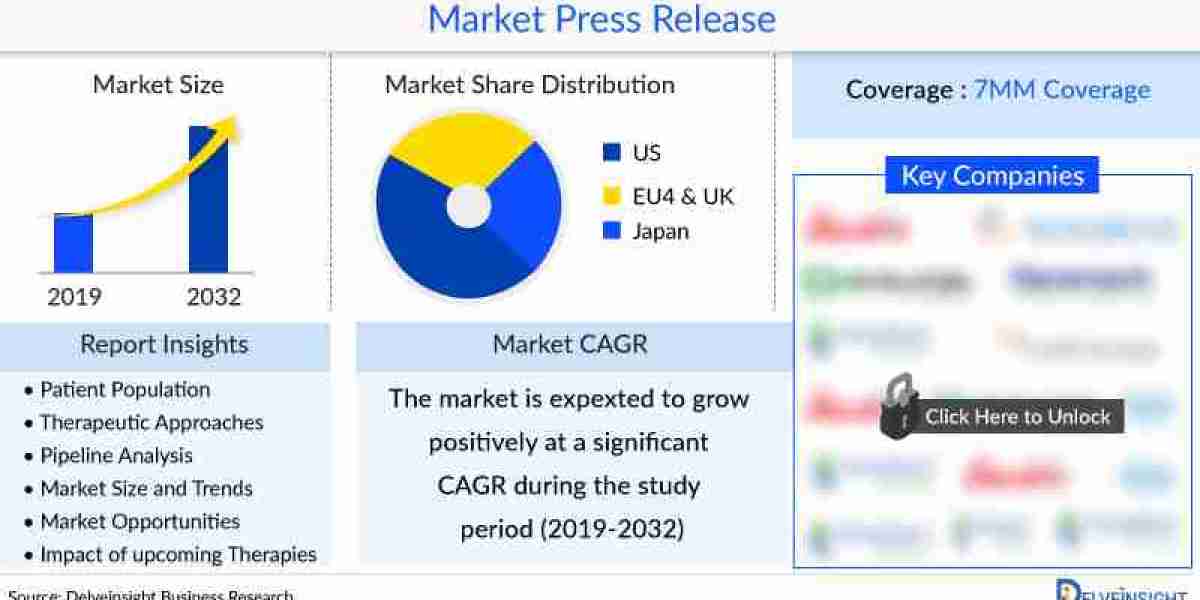This article explores the importance of regulatory analysis in the pharmaceutical sector and how it aids in maintaining compliance with global regulations, streamlining processes, and ensuring the safety of products.
The Importance of Regulatory Analysis in Pharma
Understanding Regulatory Frameworks: Pharmaceutical companies must comply with a wide range of regulations set by global authorities, including the FDA (Food and Drug Administration) in the U.S., the EMA (European Medicines Agency) in Europe, and other regulatory bodies across the world. These frameworks govern every stage of drug development, from clinical trials to post-market surveillance. Regulatory analysis helps companies interpret and understand these frameworks, ensuring that products meet the necessary standards for approval and distribution.
Ensuring Compliance with Drug Approval Processes: The drug approval process is rigorous and requires extensive documentation and data, including preclinical studies, clinical trial results, manufacturing practices, and post-market surveillance plans. Regulatory analysis ensures that all required documentation is prepared in accordance with the regulatory authority's guidelines. This minimizes the risk of rejection or delays during the approval process.
Managing Regulatory Submissions: Regulatory analysis assists in the preparation of regulatory submissions such as New Drug Applications (NDAs), Investigational New Drug (IND) applications, and Marketing Authorization Applications (MAAs). By understanding the nuances of each regulatory body’s submission requirements, companies can prepare accurate, comprehensive submissions that increase the likelihood of approval.
Monitoring Global Regulatory Changes: Regulatory requirements are constantly evolving, and pharmaceutical companies must stay updated on changes that could impact their products or operations. Regulatory analysis involves ongoing monitoring of regulatory trends, emerging guidelines, and policy changes across different regions. This proactive approach helps companies mitigate compliance risks and stay ahead of the curve.
Streamlining the Development Process: Early-stage regulatory analysis can help pharmaceutical companies streamline their drug development processes. By aligning product development with regulatory expectations from the outset, companies can reduce the likelihood of costly delays or rework later in the process. Regulatory analysis ensures that each phase of development is conducted in line with regulatory requirements, facilitating smoother transitions from one stage to the next.
Facilitating Risk Management: Regulatory analysis is critical for identifying potential risks in the drug development and approval process. By assessing regulatory requirements and the likelihood of regulatory hurdles, pharmaceutical companies can implement effective risk management strategies. This may involve adjusting timelines, increasing communication with regulatory bodies, or conducting additional studies to meet specific requirements.
Global Market Access: Navigating the regulatory environments of multiple countries is a key challenge for pharmaceutical companies aiming for global market access. Regulatory analysis helps companies understand the regulatory requirements of various regions and tailor their product development and regulatory submissions accordingly. This improves the chances of securing approvals across multiple markets simultaneously, enabling quicker access to patients worldwide.
Leading the field, DelveInsight delivers tailored regulatory solutions designed to meet specific market challenges. Learn how their Regulatory Analysis Services can streamline your compliance journey.
Challenges in Pharmaceutical Regulatory Compliance
While regulatory analysis is vital, it is not without challenges. Some of the common obstacles faced by pharmaceutical companies include:
Diverse Regulatory Standards: Each country or region has its own regulatory requirements, which can differ significantly in terms of approval processes, safety standards, labeling, and manufacturing practices. Navigating these diverse requirements can be complex, especially for companies aiming for global market access.
Increasing Complexity of Regulations: With the growing focus on patient safety, environmental sustainability, and data protection, regulations in the pharmaceutical sector are becoming increasingly complex. Keeping track of all the evolving standards and ensuring compliance across multiple jurisdictions is a significant challenge for companies.
Tight Timelines and Pressure to Innovate: Pharmaceutical companies are under constant pressure to bring new drugs to market quickly. Regulatory requirements often demand lengthy and detailed submissions, and approval timelines can be lengthy as well. Balancing innovation and regulatory compliance within tight timelines is one of the industry's biggest challenges.
Cost of Compliance: The cost of regulatory compliance can be high, particularly for smaller companies or those attempting to enter highly regulated markets. The costs associated with documentation, clinical trials, regulatory submissions, and ongoing compliance monitoring can add up quickly. Efficient regulatory analysis helps optimize costs by identifying key priorities and streamlining the compliance process.
The Role of Regulatory Affairs Teams
In the pharmaceutical industry, regulatory affairs teams play a crucial role in regulatory analysis. These teams are responsible for ensuring that a product complies with all relevant regulations throughout its lifecycle. Their responsibilities include:
Analyzing Regulatory Requirements: Regulatory affairs teams analyze the requirements of various health authorities and ensure that products meet those requirements.
Communication with Regulatory Agencies: These teams act as the liaison between the pharmaceutical company and regulatory bodies, ensuring that submissions are accurate and complete.
Monitoring Regulatory Trends: Regulatory affairs teams stay informed about changes in the regulatory landscape to anticipate potential impacts on ongoing and future projects.
Training and Guidance: Regulatory affairs teams provide training and guidance to other departments within the company to ensure that all teams are aligned with regulatory requirements.
Accelerate your market entry with expert support. Contact DelveInsight today for a consultation @ https://www.delveinsight.com/case-study/regulatory-analysis
Conclusion
Regulatory analysis is an essential component of pharmaceutical compliance. By helping companies understand, interpret, and navigate the regulatory frameworks governing drug development, approval, and post-market surveillance, regulatory analysis ensures that pharmaceutical products meet the necessary standards for safety, efficacy, and quality. In a landscape marked by increasing complexity and global expansion, regulatory analysis empowers pharmaceutical companies to bring innovative products to market while minimizing the risk of regulatory setbacks and ensuring patient safety. As the pharmaceutical industry continues to grow and evolve, the importance of regulatory analysis in maintaining compliance and achieving market success will only increase.
Latest Report Offered By DelveInsight:
Benefits Of Robotics In Healthcare | Lewy Body Dementia | Energy Based Aesthetic Devices Market | Ependymoma Market | Fertility Monitoring Devices Market | Germ Cell Tumor Market | Hernia Repair Devices Market | Hot Flashes Market | Implantable Cardioverter Defibrillators Market | Keloid Market | Orthopedic Power Devices Market | Pouchitis Market | Surgical Sealant Market | Transthyretin Amyloidosis Market | Vascular Graft Devices Market | Lip And Oral Cavity Cancer Market | Sinus Dilation Devices Market | Inguinal Hernia Market | Plaque Psoriasis Market | Plasmodium Vivax Malaria Market | Hdac Inhibitors Market | Peritoneal Dialysis Equipment Market | Adenosine Deaminase-severe Combined Immunodeficiency Market | Bone Resorption Market | Pelvic Inflammatory Disease Market







